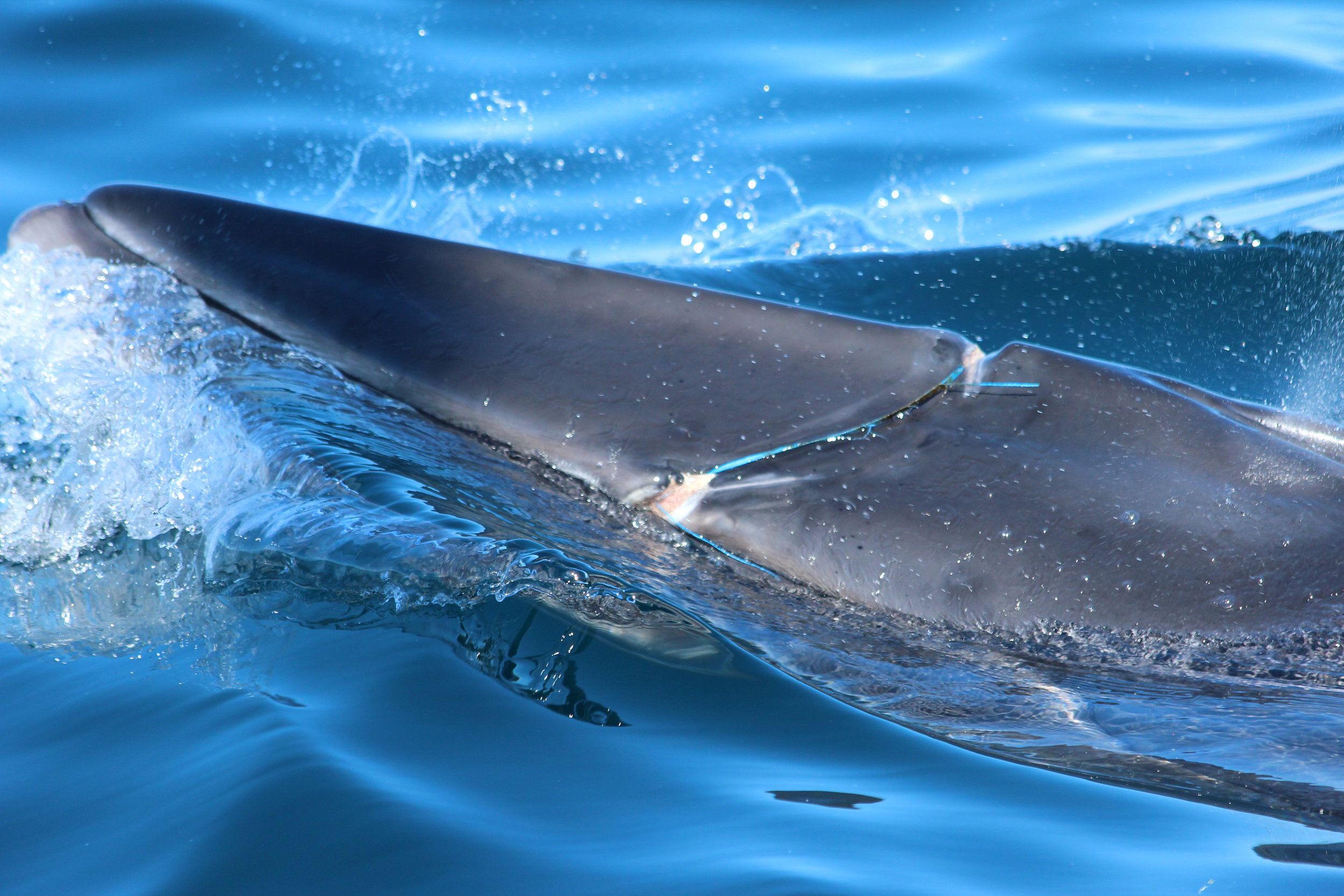Scotland's Seas: Drowning in Plastic?
Like most of the nation, we found some scenes of Drowning In Plastic, a powerful and heartfelt documentary on the devastating effects of plastic pollution on the marine environment, difficult to stomach.
Presented by our inspiring patron Liz Bonnin, the one-off documentary comes almost a year after Blue Planet II hit our screens, highlighting the global extent of plastic pollution in our oceans. Following the tide of the anti-plastic movement since then, Drowning In Plastic focused on the need for continued and stronger action, and drew attention to the work of individuals and organisations across the globe working to design innovative solutions to tackle and prevent the problem.
To encourage the plastic free lifestyle, earlier this year we opened an Eco-Shop in our Discovery Centre in Tobermory, providing our local community with a refillable Ecover service for cleaning products, as well as ocean friendly alternatives, such as bamboo toothbrushes, shampoo bars and refillable flasks.
Here on the west coast of Scotland, we are unfortunately seeing the effects of marine debris in Scottish waters too. During scientific surveys on board our dedicated research vessel Silurian, we record all instances of man-made marine debris encountered. Plastic is the most prolific, and it is often seen far from human settlements. The types of plastic seen are varied from plastic bottles to crisp packets, through to plastic packing straps. We have seen first-hand the devastating effect this can have on marine life. In 2015, our crew had a distressing encounter with a minke whale where it’s rostrum was caught in a plastic packing strap (pictured above), which would have affected its ability to feed and live a normal life.
One segment of the program explored the complexities of marine mammal entanglement; a global issue and a growing concern in Scottish waters.
HWDT’s Science and Policy Manager, Dr Lauren Hartny-Mills says:
“With fishing and wildlife being so valuable to Scottish coastal communities, it is important for us to understand the impact entanglement is having on the livelihoods of fishermen as well as the risk it poses to marine animals.”
To try to answer some of these questions, earlier this year HWDT joined with five other organisations to form the Scottish Entanglement Alliance (SEA) to better understand the impacts and risks of entanglement in creel lines in Scottish waters by working closely with the Scottish inshore fishing industry. Funded by the European Maritime and Fisheries Fund (EMFF), HWDT will be conducting some focused research this winter to analyse the interaction between large whales and manmade items in the marine environment to assess the risk posed to our amazing marine life.
If you’ve been inspired to be part of our marine conservation efforts in the wake of Drowning in Plastic, you can join us as a volunteer on board our research vessel Silurian and help collect this valuable data, which directly informs conservation policies here in Scotland. No experience required: all you need is a willingness to learn and a passion to make a difference.
NB: Our 2019 timetable will be live by the 12th October 2018.

